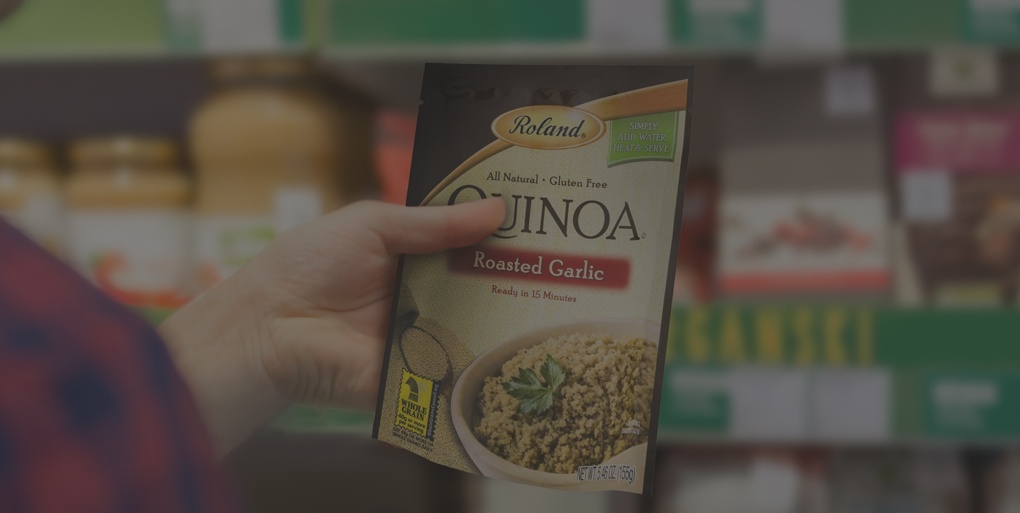
Liquid spout bags are a variety of flexible stand up pouches that have been optimized for beverages, detergents, oils, syrups, and other liquid products. The market is waking up to this creative format for a plethora reasons, including the five underrated advantages listed here:
THE TRUTH: Many people envision cardboard boxes, paper, and biodegradable materials when they think of green packaging options. Because it’s made of plastic, it may be easy to assume that spouted pouch packaging is not environmentally friendly. Nothing could be further from the truth.
Many companies hold off on even thinking about packaging until the last minute. Before you know it, it’s time to get the product on shelves and packaging becomes a rushed afterthought. It’s no wonder so many packaging suppliers are able to keep the lid shut on the five secrets below. Keeping quiet makes the supplier’s job easier — but it can cost your brand a ton to pick up the slack.
In a vacuum, most brands would claim that they want to use “unique packaging ideas” that will pop off of the shelf. But do they, really? Do yourself a favor and research the competition. Let’s see whether they’ve actually succeeded.
It’s easy for a seemingly simple discussion about packaging suppliers to snowball into a broader debate on price point vs. quality (Margins are everything! You get what you pay for!). For this reason, any packaging brokers who are preparing to compare packaging suppliers should start with some clear goalposts.
Many packaging brokers specialize in just a few packaging materials or styles. This is all well and good—we ourselves specialize in the flexible pouch format—but there are also a few essential materials and styles that buyers will want access to as a part of their relationship. That’s why we also offer a wider range of unique and innovative packaging styles. These formats are in demand with consumers, are known to reduce costs, and will make your product stand out on the shelf.
There’s no one definitive rule about the time to update your retail packaging, but there are plenty of red flags. Some of them will be about you. Some are about everyone else. All of them have the potential to sink sales and damage your brand if they’re ignored. Packaging has a serious impact on consumer behavior in the aisle—and you want it to be the positive kind.
You need strong sales margins to compete and thrive. In a perfect world, supply and demand would take care of the equation, but in practice, food and beverage companies are trying everything from pushing suppliers for cost reductions to flashy and expensive marketing campaigns in hopes of driving enough sales to keep the lights on.
Most new products —up to 95% of new products each year, in fact—will ultimately fail. This is not new news, as you can see in this 2010 Forbes article. And neither is it surprising. Consumers with a lot to do (and little time to do it) will always resort to buying products with their eyes.